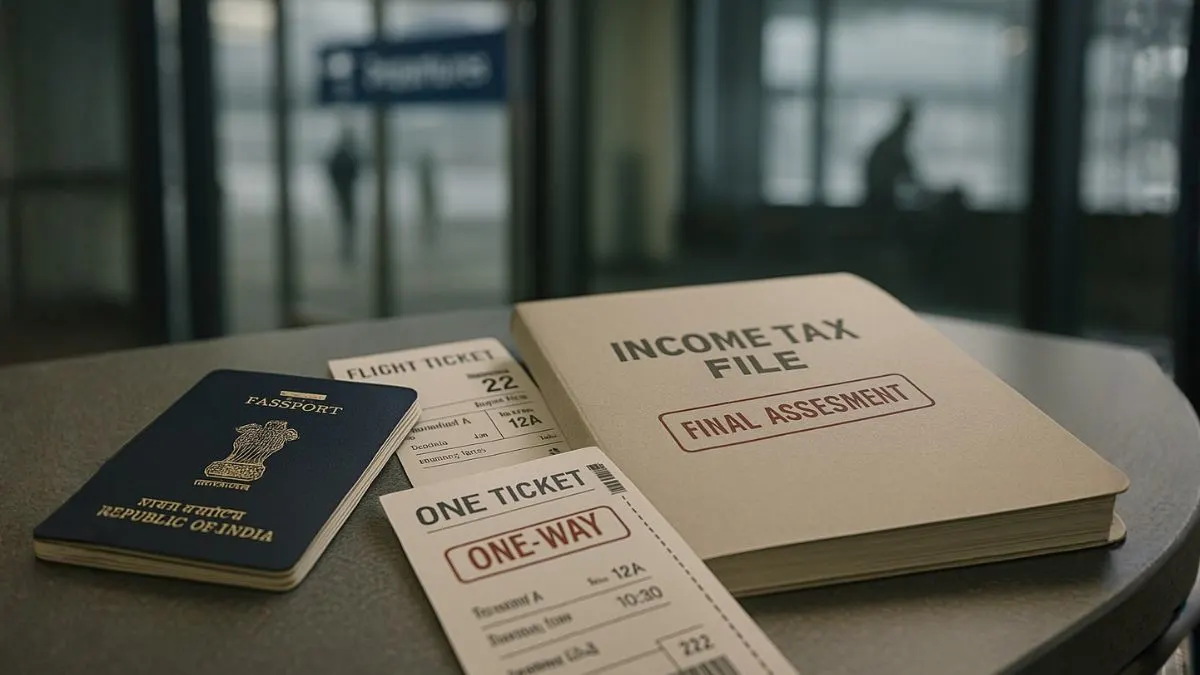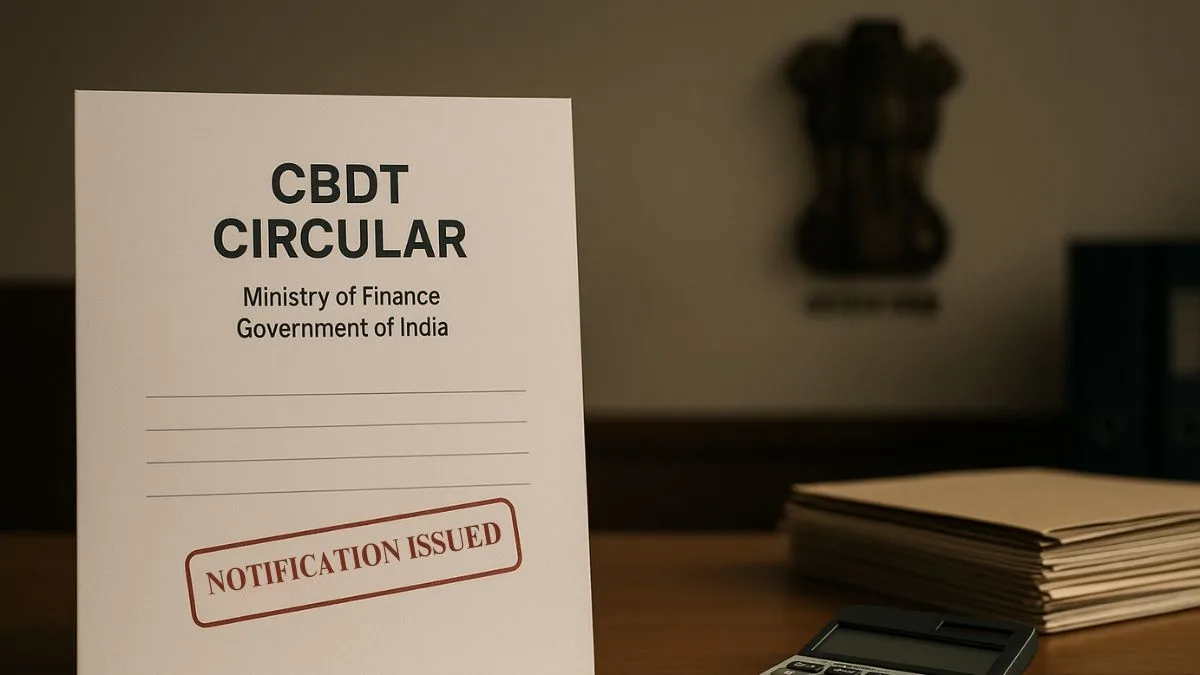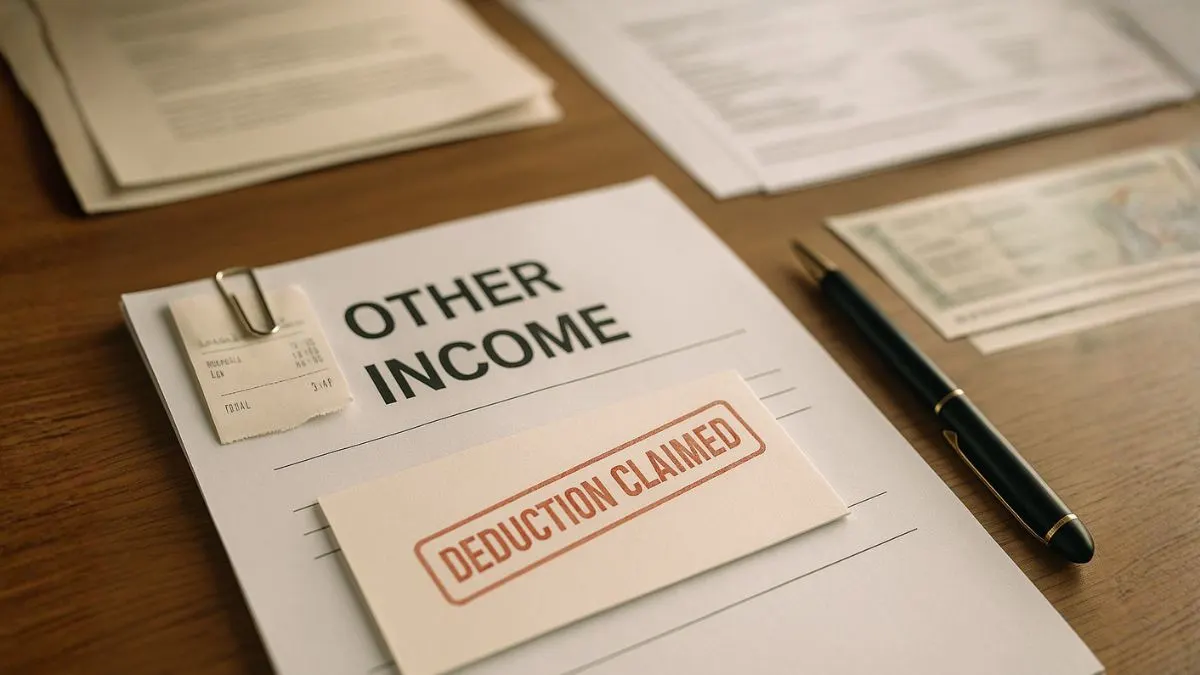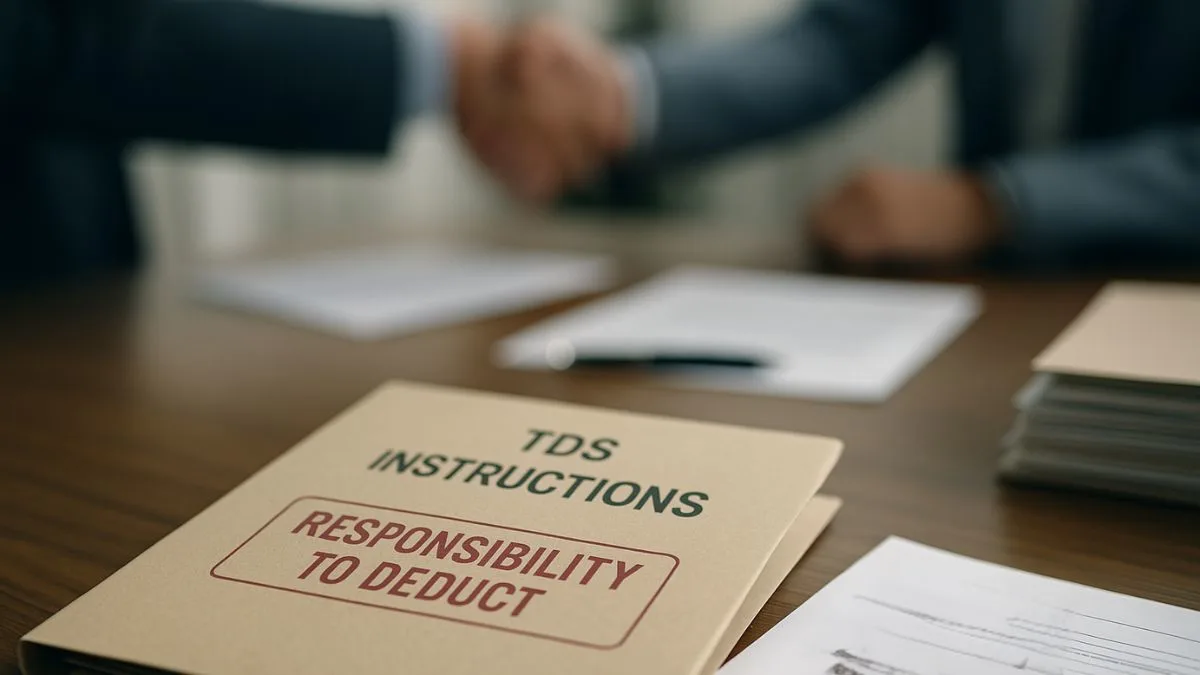
Property transactions in India have always been a magnet for unaccounted cash.
To close those gaps, the Income Tax Department added a small but powerful weapon: Section 269AB of the Income Tax Act (1961).
It simply says this — if you buy, sell, transfer, or even just hold rights in property through an agreement, you must report it. The goal? Transparency, traceability, and zero hidden ownership trails.
💡 What the Law Really Says
Section 269AB makes it mandatory to register certain property-related transactions with the income-tax authority within a specific time.
Think of it as a digital footprint for every big property move. Even if a sale deed isn’t ready, the tax department still wants to know who got the keys and how much was paid.
That single step stops black-money layering before it even starts.
🎯 The Real Purpose
At its heart, this rule isn’t about paperwork.
It’s about catching unreported wealth.
By forcing both buyer and seller to register the deal, the government can cross-check:
- Was the money declared?
- Did anyone under-report the property value?
- Was it a benami (proxy) transaction?
In short, Section 269AB turns property transparency from optional to mandatory.
🏠 What Kind of Deals Are Covered
You’d be surprised how wide the net is. It covers:
- Buying property through agreements to sell or possession letters.
- Long-term leases where control effectively shifts.
- Joint-development or revenue-sharing agreements between landowners and builders.
Basically, if anyone gains rights, control, or possession of an immovable property — even temporarily — it falls under Section 269AB.
🧾 “Registration of Certain Transactions” — Not the Same as a Sale Deed
Here, registration doesn’t mean stamping the sale deed at the sub-registrar’s office.
It means reporting the deal to the Income-tax Department in a prescribed form and time.
Example:
A builder gives possession of a flat before executing the sale deed → that’s a reportable transaction.
A landowner signs a joint-development deal → report it.
Different law, same intention — visibility.
📄 Reporting Rule in Practice
Both transferor and transferee have to file details with the Department — value, date, parties’ PAN, and the nature of rights transferred.
If they skip it, they risk penalties or, worse, the deal being treated as invalid for tax purposes.
This dual reporting keeps both sides accountable.
⚙️ Quick Highlights
- Targets high-value or layered property structures.
- Includes leases, rights, and JDA-style arrangements.
- Creates a paper trail to verify stamp duty, TDS, and capital-gain reporting.
- Holds both parties responsible — not just the builder or seller.
🧩 How “Acquisition” Works Under Section 269AB
Many people think it applies only after ownership transfer — not true.
Even if you just gain possession or beneficial interest, it’s covered.
Examples:
- Buyer moves into property under an “agreement to sell”.
- Tenant takes a 30-year lease that feels like ownership.
- Landowner gives land to a developer and gets flats later.
All must be registered with the tax authority. That’s the beauty of this provision — it sees beyond the paperwork to the economic reality.
🚫 What Happens If You Ignore It
Non-reporting isn’t a harmless miss.
You could face:
- Penalties under Sections 271D / 271E.
- Scrutiny of the funding source.
- The deal being void for tax computation.
- And in deliberate cases, prosecution.
Skipping registration is like waving a red flag to the Assessing Officer.
🔍 Why It Matters So Much
Section 269AB gives the government a real-time view of property movement.
It:
- Stops real estate from becoming a black-money vault.
- Makes both buyer and seller jointly accountable.
- Keeps every high-value deal traceable.
Frankly, if the system works right, it’ll save taxpayers from future disputes too.
📝 The Undertaking — Small Form, Big Deal
Both parties must file an undertaking confirming that they’ve reported the transaction.
It mentions property details, deal value, date, and PAN of each side.
That document becomes your proof of transparency — crucial during scrutiny or resale.
🧱 Quick Example
Mr A (a landowner) signs a development agreement with Mr B (a builder).
Mr B will construct flats and share 40 % with Mr A.
No sale deed yet — but Mr B now holds rights.
→ That’s exactly what Section 269AB covers.
→ If not reported, both face penalties and possible disallowance later.
⚖️ Real-World Impact
For taxpayers:
- Gives their deal legal standing.
- Reduces dispute risk.
- Builds trust for future financing.
For the tax department:
- Ensures every property has a paper trail.
- Helps detect undervaluation and benami links.
- Improves tax collection without raising rates.
⚠️ Penalty Snapshot
Miss the filing, and you might trigger:
- Monetary penalty equal to the unreported amount’s tax implication.
- Investigation into source of funds.
- Legal action if deliberate concealment is proven.
Clearly, compliance is cheaper than correction.
🪜 How to Stay Compliant
- Check if your agreement gives possession or long-term rights.
- Collect all supporting papers and PAN details.
- File the undertaking within CBDT timelines.
- Keep proof safely — auditors may ask later.
When unsure, get a CA to review the paperwork before signing. One missed form can invite months of correspondence.
🔑 Takeaways
- Section 269AB mandates registration of certain property deals beyond sale deeds.
- It includes acquisitions, transfers, JDAs, and long leases.
- Filing an undertaking confirms compliance.
- Non-compliance attracts penalties and invalidation.
- The rule promotes transparency and anti-benami control.
🏁 Conclusion
India’s real-estate laws are finally catching up with the scale of its market.
By demanding that every major deal be reported, Section 269AB ensures one simple thing — no property can hide in the shadows.
For genuine taxpayers, it’s not a burden; it’s protection.
Follow the rule, file the undertaking, and you’ll never have to explain a property deal twice.
📞 Call-to-Action
Buying or developing property soon? Don’t risk missing the Section 269AB filing.
👉 Visit CallMyCA.com — our experts handle property-deal registration, draft the undertaking, and keep you 100 % compliant with the Income Tax Act.










